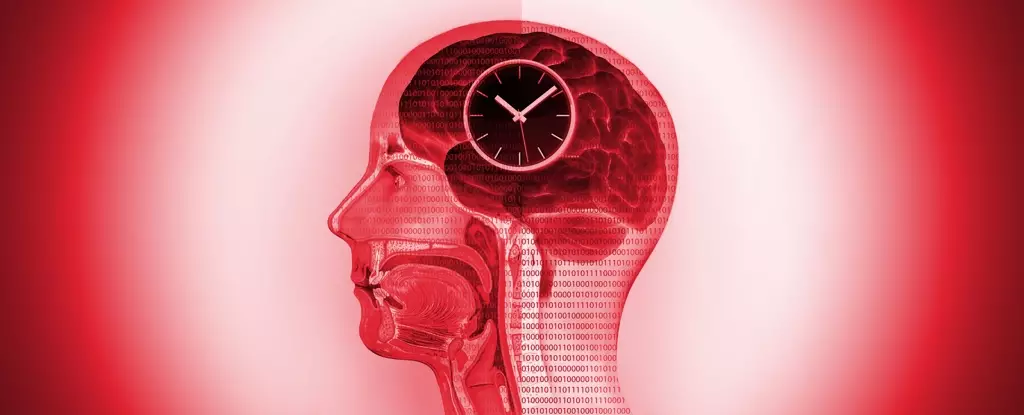The obesity epidemic is one of the most pressing health issues of our time, affecting over a billion individuals globally and significantly increasing the risk of chronic diseases such as diabetes and heart disease. Amidst a landscape filled with various diets, new research sheds light on the potential of intermittent calorie restriction to prompt profound changes in both the gut microbiome and brain activity. Researchers from China conducted a groundbreaking study that reveals how such dietary modifications may not only help individuals lose weight but also enhance our understanding of the intricate link between our gut and brain.
The Experiment: Insights from Human Trials
In a carefully structured trial, 25 obese volunteers underwent an Intermittent Energy Restriction (IER) program over a span of 62 days. This regimen alternates between periods of reduced calorie intake and days of regular eating, allowing the body to partially reset without continual restriction. The findings were compelling: participants shed an average of 7.6 kg (16.8 pounds), translating to a striking 7.8% of their body weight. However, the implications of this study stretch beyond simple weight loss; it offers a glimpse into how the brain-gut-microbiome axis operates and shifts during dietary changes.
Qiang Zeng, a prominent health researcher involved in the study, noted that these changes occur dynamically, highlighting a fascinating interrelationship between gut health and mental processes. Such an interplay suggests that manipulating our diet may have far-reaching effects on our cognitive behaviors, especially those related to appetite and cravings.
Understanding the Brain-Gut Connection
The revolutionary aspect of this study lies not just in the weight loss statistics, but in the insights gleaned from functional magnetic resonance imaging (fMRI) scans. These scans indicated notable changes in specific regions of the brain responsible for hunger and addiction. This includes the inferior frontal orbital gyrus, an area associated with decision-making and self-control. What becomes intriguing here is the idea that the gut may communicate with the brain, influencing emotional and cognitive responses related to food intake.
As we delve deeper, the findings surface complex biochemical communication pathways between the gut microbiome and the brain. Bacteria such as Coprococcus and Eubacterium hallii were found to have negative correlations with brain activity in areas responsible for executive functioning. This suggests that certain gut bacteria could play a role in modulating our willpower when faced with dietary choices, prompting a significant question: can we leverage this microbiome-brain link to manage cravings and eating behaviors more effectively?
Future Implications for Weight Management
As obesity continues to rise, understanding the pathways between gut health and brain function becomes increasingly critical. The revelation that altering diet can evoke intricate changes in our internal systems offers a promising avenue for future obesity treatment strategies.
Liming Wang, a biomedical scientist, emphasizes the need for further research to delineate how the gut microbiome and the brain interact, especially in obese individuals during weight loss. This opens the door to innovative treatment modalities that could involve targeted dietary strategies aimed at modifying microbiome composition to foster better mental control over food intake.
With society’s growing awareness of mental health, this intersection between psychological and physiological well-being could transform our approach to obesity. The prospect of creating personalized diets that optimize both gut flora and brain function is not just enticing; it represents a potential sea change in how we understand and tackle weight management.
The Health Revolution is Here
In an era where maintaining a healthy weight can feel like an insurmountable challenge, the concept of intermittent calorie restriction provides a glimmer of hope. It encapsulates more than mere weight loss; it emphasizes a holistic understanding of health that is intricately woven between our minds and our bodily systems. As research continues to unfold, we stand at the precipice of a health revolution, driven by an understanding of our biological systems that may well redefine our relationship with food and health itself.

